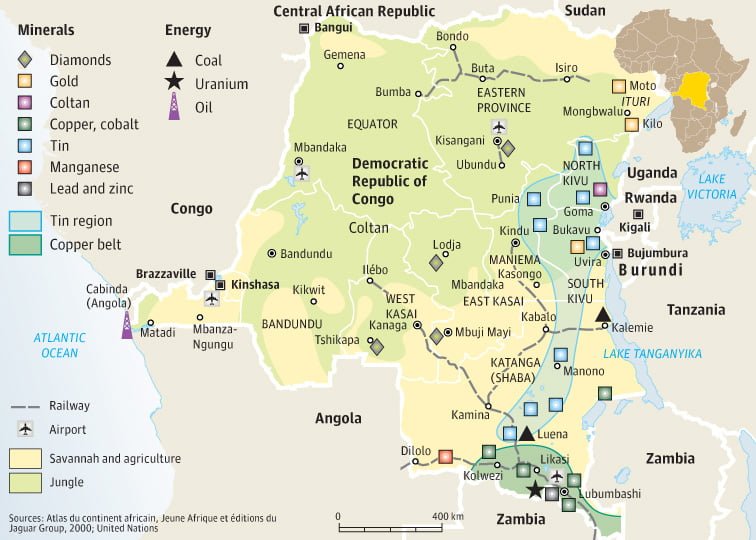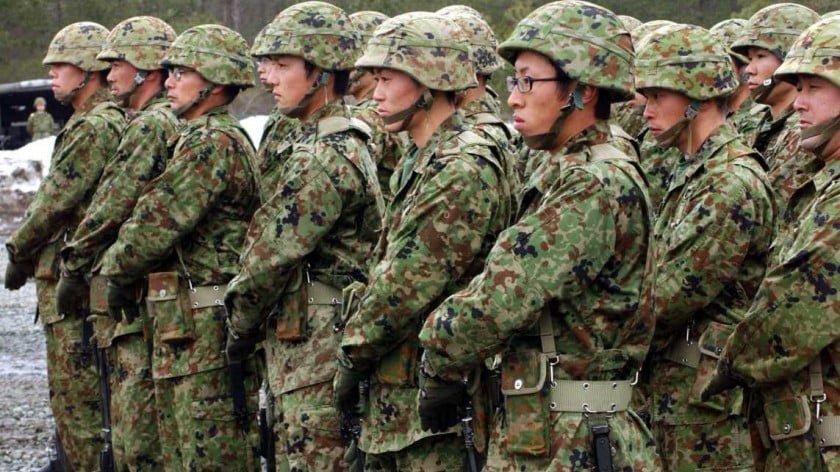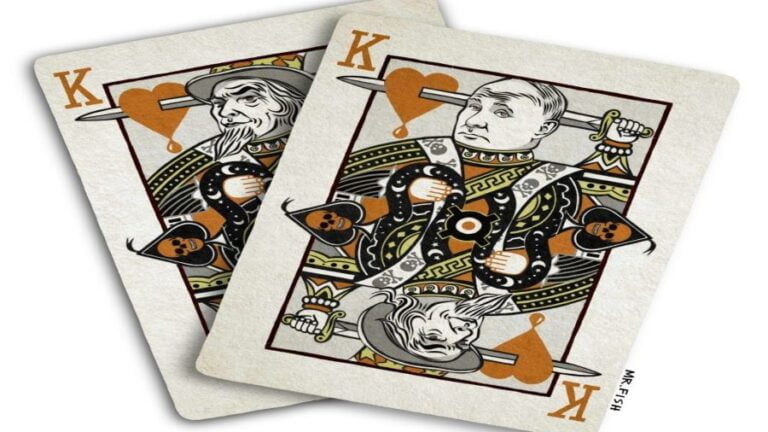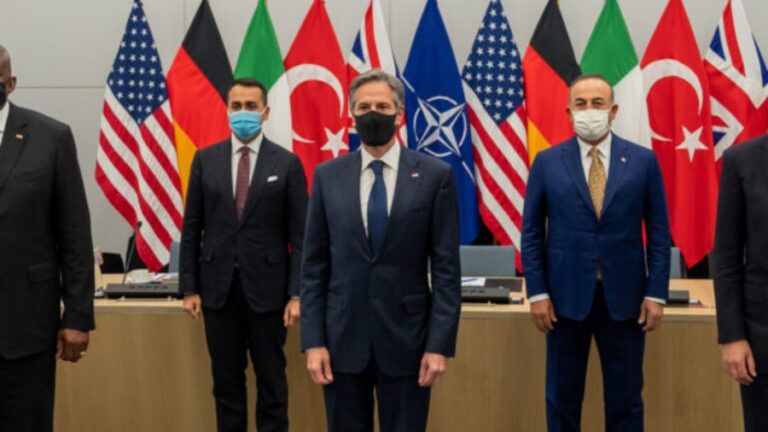US Criticism of Congo Highlights E-Voting Hypocrisy and Hybrid War Threats
Despite using electronic voting machines in its own elections, the US is adamant that the Congo forsake this technology in its upcoming ones owing to what Washington hypocritically alleges is its unreliable nature, and it’s even pressuring foreign donors to withhold aid until Kinshasa capitulates to this demand because it believes that paper ballots would make the December vote easier to defraud and accordingly facilitate the anti-Chinese regime change ends that inspired the country’s incipient Hybrid War.
EVMs: Good For America, Bad For The Congo
US Ambassador to the UN Nikki Haley revealed that her country is a fierce opponent of electronic voting machines (EVM) in Congo when she addressed the Security Council at the beginning of last month, with Reuters reporting that she warned about how using “an unfamiliar technology for the first time during a crucial election is an enormous risk.” Hammering home the point in her characteristically unambiguous way, she’s on record as saying that “These elections must be held by paper ballots so there is no question by the Congolese people about the results. The U.S. has no appetite to support an electronic voting system.”
While it’s unsurprising that the “exceptionalist” US holds itself to a different standard than it does everyone else, Haley’s remarks about the “enormous risk” of EVMs and her country’s supposed preference for “paper ballots” as guaranteeing that “there [will be] no question…about the results” of any given election contradict the supposed reason why this technology has been gaining ground in America. Honestly speaking, there are very serious risks inherent with using these sorts of systems, but “Global South” countries such as the Congo are stereotypically known – whether rightly or wrongly – for “ballot stuffing” , so it’s puzzling why she’d want to facilitate that by forcing it to continue using paper ballots.
Sticking Up For Sovereignty
To its patriotic credit, the Congolese government is pushing back against this ridiculous demand and sticking up for its sovereignty by avoiding a so-called “aid conference” that it suspects would have been nothing more than organized blackmailing in tying any forthcoming humanitarian assistance to the abandonment of EVMs at the December polls. Reuters also reported how government spokesman Lambert Mende powerfully decried this scheme when he declared that “No country in the world accepts foreign interference in a process that is an exercise of sovereignty.” This newfound and emboldened attitude comes after the Congo reformed its mining laws and mandated that international extraction companies pay higher taxes.
Democratic Double Standards
There’s been speculation that President Kabila might try to amend the constitution in order to run for a third term, but he’s consistently denied that and recently announced that he’ll designate a preferred successor in July, which nevertheless implies that he might try to remain a powerful force behind the presidency and the Congo’s de-facto “grey cardinal”. Even so, this wouldn’t be anything out of the ordinary because such an arrangement has also happened before in the EU, most notably in present-day Poland where ruling party leader Jaroslaw Kaczynski is regarded as the real national leader despite not holding an elected position in government.
The reason why the US is applying double standards in the case of the Congo is because it sees Kabila as a threat to its and its Western allies’ interests, especially because of his country’s strategic partnership with China and recent willingness to challenge the previously unquestioned dominance of foreign mining firms. It’s primarily for interconnected geostrategic reasons related to Chinese-Congolese relations and the global importance of the country’s cobalt industry why the US encouraged the incipient Hybrid War in the African Heartland on the unsubstantiated pretext that Kabila is a ‘threat to democracy’ because of the rampant speculation that he might want to run for a third term.
“Rebel” War Crimes And The Congo’s Possible Collapse
Similar to how the US supports a motley crew of religious extremists and outright terrorists in Syria, so too is it doing the same in the Congo, albeit so far only in a more passive way by extending them political and normative “legitimacy” because of what the American-controlled global Mainstream Media is framing as their ‘democratic credentials’. For example, just like the “Syrian” “rebels” are notorious for being human organ-eaters, their Congolese counterparts have an equally infamous distinction in videotaping the forced rape of a woman by her stepson, publicly beheading both, and then drinking their blood all because these “freedom fighters” were enraged that the restaurant owner supposedly broke their witchcraft spell of ‘invincibility’ after serving them some fish with their order of beans.
The US is relying on these unsavory characters to carry out its dirty work in destabilizing the Congo to such a degree that it collapses once again just like it did in the late 1990s, with the “hope” being that the resultant chaos could be exploited by Trump (“The Agent Of Chaos, a.k.a. The Kraken”) in order to wrestle China’s sizeable cobalt investments away from it and put them “safely” in Western hands, even if another 5 million people have to die like what happened the last time that the country fell apart. The “ideal scenario”, however, would be that a post-Kabila government nationalizes China’s assets instead and “defects” to the Western bloc in the New Cold War, thus saving the US the trouble of having to deal with any unexpected outcomes from another Congo collapse while still guaranteeing it the strategic outcome that it wanted all along.
Manipulating The Masses Through Perception Management
The aforementioned “shortcut” explains why the US is so interested in compelling the Congo to stick with paper ballots because it believes that it could more easily defraud the vote in this manner to prevent Kabila or his preferred successor from winning. Even in the event that they pull off a victory, then the US can orchestrate a post-electoral scandal connected in one way or another to these paper ballots in order to raise enough “concerns” about the “legitimacy” of this vote (e.g. video “evidence”, whether staged provocations or proof of actual fraud, of “ballot stuffing”) in order to assemble a Salisbury-like “coalition of the willing” to “isolate” the Congolese government through sanctions and other asymmetrical measures of regime change pressure.
EVMs could easily be hacked too, but there’s less “compelling” “evidence” that can be procured of this possibly happening to elicit the knee-jerk public response that the US is depending on in organizing a multinational front against Kinshasa if Washington’s “man in the Congo” (whoever that may ultimately be) doesn’t win, hence why Haley is so insistent that the country stick with paper ballots instead. After all, the Western masses are much more easily riled up by footage of what they’re made to believe (whether accurately or not) is a riotous pro-government black mob shoving countless ballots into a box than they are of a generic report read by a white TV anchor alleging a hacking attack against the EVMs of a country that the average person knows nothing about.

Concluding Thoughts
The heavy pressure that the US is putting on the Congo to walk back its decision to employ EVMs and instead continue to rely on paper ballots for its long-awaiting upcoming election can be interpreted as Washington’s “final warning” to Kinshasa before its intelligence agencies exacerbate the country’s Hybrid War.
The US “deep state” security establishment fears that it’s “losing the Congo” and its globally important cobalt reserves to China and that the only way to reverse this trend is to remove Kabila from power and prevent his soon-to-be-announced preferred successor from entering into office, to which end Washington wants the country to use much more easily defraudable paper ballots instead of electronic ones for the vote. In the event that the people don’t support whoever the US’ “man in the Congo” might be (which for all intents and purposes at this stage is anyone other than Kabila and his preferred successor), then the global Mainstream Media outlets under its control will immediately kick into high gear by alleging “fraud” and potentially releasing decontextualized or staged footage of what they’ll portray as massive pro-government “ballot stuffing” during the polls that they’ll say undermines the victor’s legitimacy.
At that point, the ever-escalating Hybrid War in the country would then transition into a semi-conventional phase as the new Western-friendly government in Angola and/or the US’ old Great Lakes allies of Uganda and Rwanda extend material and possibly even military support to the “rebels” in a structural repeat of the First and Second Congolese “Civil Wars”.
The Congo is therefore on the knife’s edge of being thrown back into a cycle of large-scale and continentally significant violence that might herald in what could be possibly end up becoming “Africa’s Second World War”, driven to a large degree by the external exploitation of preexisting identity conflicts within the country that’s ultimately designed to mitigate Chinese influence there and allow Western companies to seize control of Beijing’s cobalt mines. The one thing that the US might not be counting on, however, is if China responds to the all-out collapse of the Congo with a judo-like countermove by supporting the independence of the mineral-rich southeastern Katanga region that hosts most of Beijing’s investments and is connected to the Asian marketplace by the Cold War-era TAZARA Silk Road megaproject, in which case President Xi would be channeling his Russian counterpart by pulling an “African Crimea” and turning the West’s destabilization plans against it.







